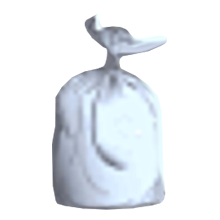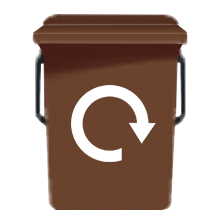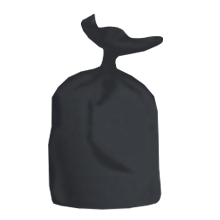Diving in Guernsey - Professional and Recreational
Diving is a high hazard, high risk activity and there are specific regulations on diving at work to control the risks. The Diving at Work Regulations 1997 (DWR) cover all dives when one or more divers are at work in the diving industry, whether employed or self-employed. They apply to everyone from the client to the diver undertaking work for the client. All persons involved have a responsibility to take measures to safeguard the health and safety of those taking part in the diving project as well as their own. Please note that whilst the Diving at Work Regulations 1997 do not apply in the islands, references to the Health and Safety at Work, etc, Act 1974 should be taken as references to the Health and Safety at Work (General) (Guernsey) Ordinance, 1987, the general duties in both enactments being the same.
Professional Diving
- A Code of Practice written in the UK was approved by the previous Department Commerce and Employment, after consultation with the local professional diving industry.
- This code of practice supplements the requirements of the 1987 Ordinance and gives practical advice on how to comply with the law. If you follow the advice you will be doing enough to comply with the law in respect of those specific matters on which the code gives advice. Failure to observe the code is not an offence in itself but can be taken as proving that the defendant has failed to comply with the ordinance, unless he can demonstrate that he complied with the Ordinance in some alternative and equally effective way.
- Several amendments were included but since May 2002, all professional divers must hold an approved qualification.
- Issues dealt with in the Codes include matters such as:
- diving project planning and risk assessment
- dive teams and associated working practices
- diving plant, and
- medical checks.
- A leaflet on commercial shellfish diving is available for download
Recreational Diving
- The sport of amateur diving is loosely regulated in the islands by two organisations:
- PADI (the Professional Association of Dive Instructors) and
- BSAC (the British Sub-Aqua Club).
- Both organisations operate strict training regimes which include both theory and practical instruction. Whilst this instruction can be on a non-commercial basis, the popularity of the sport has seen BSAC and PADI approved schools being set up to operate on a commercial basis.
- Health and Safety legislation does not extend to the private individual diving for recreational purposes. However, when that individual is being taught by a trained instructor who is charging a fee for monetary gain, the law is applicable.
- The instructor and school have explicit duties to their students in exactly the same way that the Office for Education, Sport and Culture have to school children whilst in their care, or to customers attending a concert in the sports hall at Beau Sejour.
- It was therefore decided that in order to clarify the duties of instructors operating for gain, that the approved Code of Practice made in the UK, under the Diving at Work Regulations 1997, should be approved locally with certain amendments.
- The code of practice, written in co-operation with BSAC and PADI, is therefore very relevant to the local diving scene. However, failure to observe the code is not an offence in itself but it can be taken as proving that the defendant has failed to comply with the Health and Safety at Work (General) (Guernsey) Ordinance, 1987, unless he can demonstrate that he has complied with the Ordinance in some alternative and equally effective way.
Approved Codes of Practice
- The following ACOP's are available to download :
- Recreational Diving
- Inland / inshore Diving
- The Approved Code of Practice in inland/inshore diving requires that a person should not act as a diving contractor without submitting relevant particulars to the Health and Safety Executive. This can be done using the form 'Diving Contractors Notification Form' which is available for download.
Approved Medical Examiners of Divers (AMED)
- The following Medical Practitioner in the Bailiwick of Guernsey is appointed as an Approved Medical Examiner of Divers (correct as of 01 April 2020):
- Dr Sally Simmons BMBS, BSc (Hons), MRCGP, DMAC Level 1a and 2d, UKDMC Medical Referee GMC number 6154228)
- Contact by email for diving medicals: sallyisimmons@doctors.org.uk
- For diving emergencies please contact the Emergency Department at the Princess Elizabeth Hospital, Guernsey on 01481 220000.
- The Examination and Assessment form is recognised by the UK HSE under a mutual recognition memorandum of understanding.













